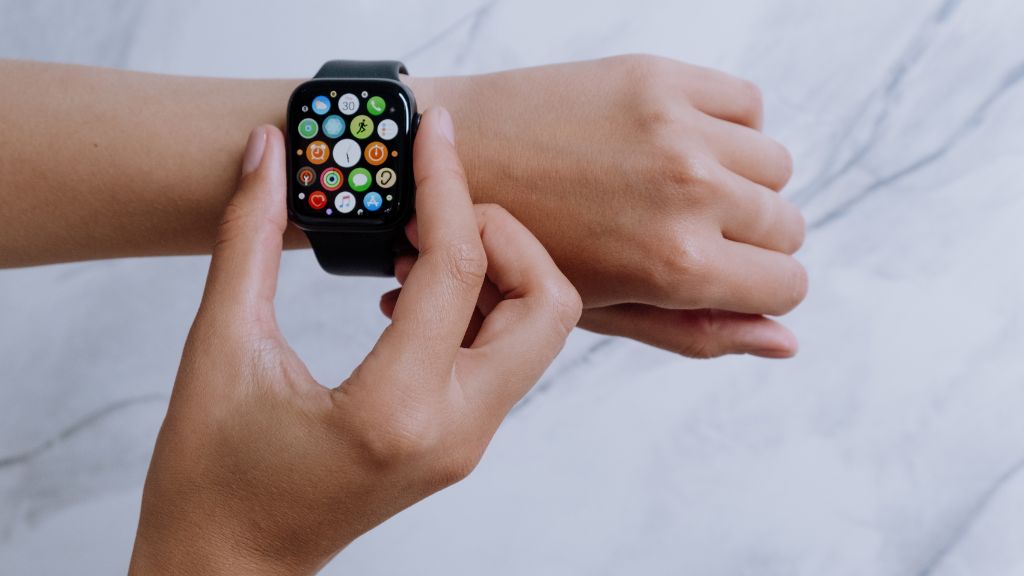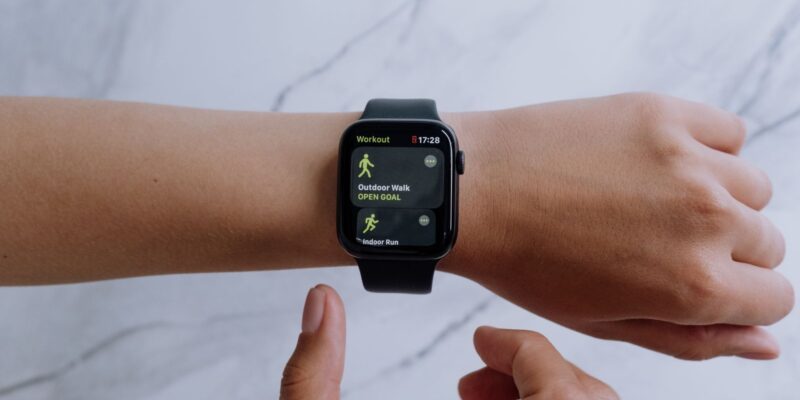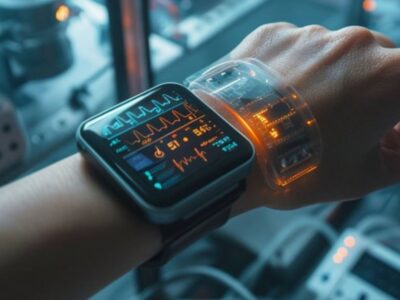| বাংলায় পড়ুন | Researchers and Reporters: Tanjil Fuad Ayesha Akhter |
Among the most well-known corporations worldwide is Apple. Demand is continuously rising for a variety of Apple products, including the iPhone, MacBook, and Apple Watch. The Apple corporation frequently advertises the Apple Watch’s health advantages. We shall learn in-depth today whether the Apple Watch actually contributes to health protection and whether it does so.
Apple Watch
Apple Watch is a smartwatch manufactured by the well-known Apple corporation. It primarily provides watchOS, wireless telecommunications, health protection features, and fitness monitoring. The first release of the Apple Watch was in April 2015. More than 115 million people were wearing Apple Watches as of December 2022.
Apple Watch and health protection
Every Apple Watch model comes with a health app and a heart rate monitor. The user’s medical ID and health profile are included in this health app. An electrocardiogram (ECG) is a unique function of the latest Apple Watch model. Additionally, the latest Apple Watch model can measure blood oxygen levels and call an emergency hotline. Every time watchOS is updated, Apple releases new and enhanced functionality. WatchOS 10 has features like an eyesight monitor, a mood tracker, a compass update for hikers, and a live activity feature for cyclists.
Spending 15 to 30 minutes each day in the sun has been shown by experts to help lower stress and improve happiness. Time spent in daylight is measured by the ambient light sensor on the Apple Watch. in order for Apple Watch users to comprehend how much time they must spend outdoors.
The Apple Watch is a great tool for cardiac patients. as a result of the Apple Watch monitoring and recording the user’s pulse and heart rate. In this situation, the user can get medical assistance quickly if they observe any irregularities in their heart rate. On X (Twitter), such an instance has recently gone viral.

Advanced features and benefits of Apple Watch for health protection. | Photo: Collected.
Nikias Molina X tells how his Apple Watch Series 10 detected his grandmother’s heart condition. “The watch alerted her grandmother to an abnormal heart rhythm with an average of 61 beats per minute (bpm) and quickly asked her to consult a doctor,” he said. This warning proved true. Because, after going to the hospital, the doctor confirmed AFIB and provided the necessary treatment. AFIB is a condition in which the heart beats irregularly and rapidly, which can cause blood clots and increase the risk of stroke, heart failure, and other serious heart conditions.
The Apple Watch’s unique health protection feature sets it apart from rival smartwatches. By allowing users to seek medical assistance at the appropriate moment, the Apple Watch’s heart rate, pulse rate, and alert capabilities have prevented countless people from suffering from serious heart attacks. At the same time, the Apple Watch has gained global acceptance thanks to its mood tracker, blood oxygen level measurement capability, and emergency number communication system.




























Comments